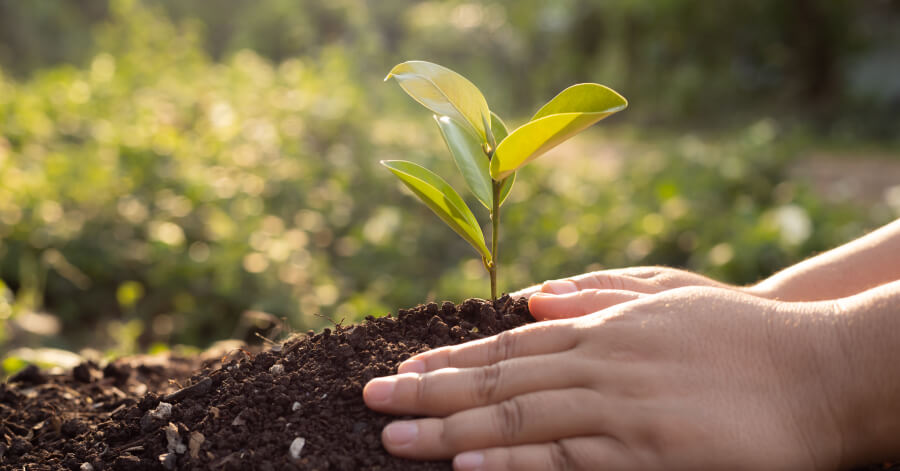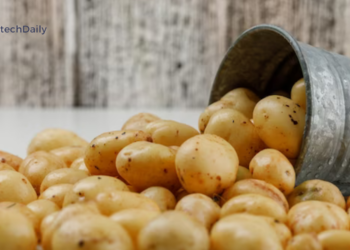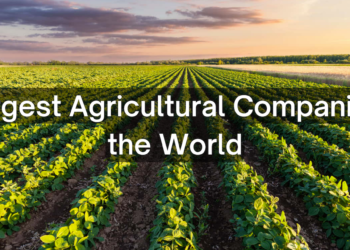Agricultural waste management refers to the proper disposal and utilization of agricultural waste generated from farming activities. These waste materials include animal manure, crop residues, and food waste, among others. The improper disposal of agricultural waste can result in environmental pollution and the loss of valuable resources.
Composting, on the other hand, is a biological process that converts organic waste into a soil amendment known as compost. Compost is a rich and fertile soil conditioner that can be used in agriculture to enhance soil fertility and plant growth.
Agricultural waste management refers to the proper handling and disposal of waste generated from agricultural activities such as farming and livestock management. The waste generated in agriculture can include animal manure, crop residues, and food waste, among others.
Improper disposal of agricultural waste can lead to environmental pollution, loss of valuable resources, and negative impacts on human health. Agricultural waste management involves implementing practices and technologies to minimize waste and make the best use of waste materials
Such as composting, anaerobic digestion, and incineration. The goal of agricultural waste management is to reduce the negative impacts of waste on the environment and to make efficient use of waste as a resource for agriculture.
Agricultural Waste Generation
Agriculture is a significant contributor to waste generation globally. The United Nations Food and Agriculture Organization (FAO) estimates that agriculture generates about one-third of all waste globally. The majority of agricultural waste comes from livestock farming, while crop residues and food waste contribute to a smaller extent.
Animal manure is a significant source of agricultural waste. It contains organic matter, nutrients, and pathogens that need to be managed properly to prevent environmental pollution and protect human health.

Crop residues, including stems, leaves, and roots, are also significant sources of agricultural waste. These materials are left over after crops are harvested and can be difficult to dispose of. If not managed properly, crop residues can contribute to soil erosion, reduce soil fertility, and contribute to greenhouse gas emissions.
Food waste generated from agricultural operations, such as produce that is not suitable for sale, can also contribute to agricultural waste. Food waste is a valuable resource that can be recycled through composting or anaerobic digestion, reducing the amount of waste sent to landfills and reducing the environmental impact of waste management.
In conclusion, agricultural waste is a significant source of waste and can have negative environmental impacts if not properly managed. By understanding the sources and composition of agricultural waste, farmers and waste management organizations can implement effective strategies to minimize waste and make the best use of waste as a resource.
Composting
Composting is a biological process of decomposing organic waste materials, including agricultural waste, into a stable and nutrient-rich soil amendment known as compost. Composting is an important component of agricultural waste management as it provides a means of reducing the volume of waste and converting it into a valuable resource for agriculture.
The composting process involves the breakdown of organic matter by microorganisms, such as bacteria and fungi, in the presence of oxygen. The microorganisms consume the organic matter and produce heat, water vapor, and compost as by-products.
The composting process can be accelerated by providing optimal conditions for the microorganisms to thrive, such as proper moisture content, aeration, and temperature. The composting process is typically carried out in compost bins or windrows, where the waste materials are mixed and turned regularly to provide oxygen and promote decomposition.
Composting as a Solution
Composting is an effective way to manage agricultural waste and convert it into a valuable resource. The composting process involves the breakdown of organic matter by microorganisms, such as bacteria and fungi, into a stable and nutrient-rich soil amendment.

Composting can be carried out on-farm or at centralized composting facilities. On-farm composting is often carried out in small-scale operations, while centralized composting facilities are used for large-scale operations.
The composting process can be accelerated by providing the right conditions for the microorganisms to thrive, such as proper moisture content, aeration, and temperature. Properly managed composting can reduce the volume of waste by up to 50% and eliminate pathogens and other harmful substances.
Benefits of Composting
Composting can provide several benefits to agriculture, including:
- Soil improvement: Compost is a natural soil amendment that can improve soil fertility and structure. It provides a balanced source of nutrients and organic matter, helping to improve soil health and support plant growth.
- Waste reduction: Composting reduces the volume of waste, reducing the need for disposal in landfills and reducing the environmental impact of waste management.
- Pathogen reduction: Composting can reduce the presence of pathogens in waste, making it safer for use in agriculture.
- Reduction of greenhouse gas emissions: Composting can help to reduce greenhouse gas emissions from waste management, as it is a more sustainable alternative to incineration or landfill disposal.
- Revenue generation: Compost can be sold as a valuable soil amendment, generating additional revenue for farmers.
Composting can be carried out on-farm or at centralized composting facilities. On-farm composting is often carried out in small-scale operations, while centralized composting facilities are used for large-scale operations.
Conclusion
Agricultural waste management and composting are important topics for the agriculture industry. Proper waste management can help to prevent environmental pollution and protect human health while composting can provide a valuable resource for agriculture and generate additional revenue for farmers.
In conclusion, composting is an effective and sustainable solution for managing agricultural waste. By converting waste into a valuable soil amendment, composting helps to improve soil fertility and contribute to sustainable agriculture. It is an important tool for reducing waste, mitigating environmental impacts, and generating additional revenue for farmers.









